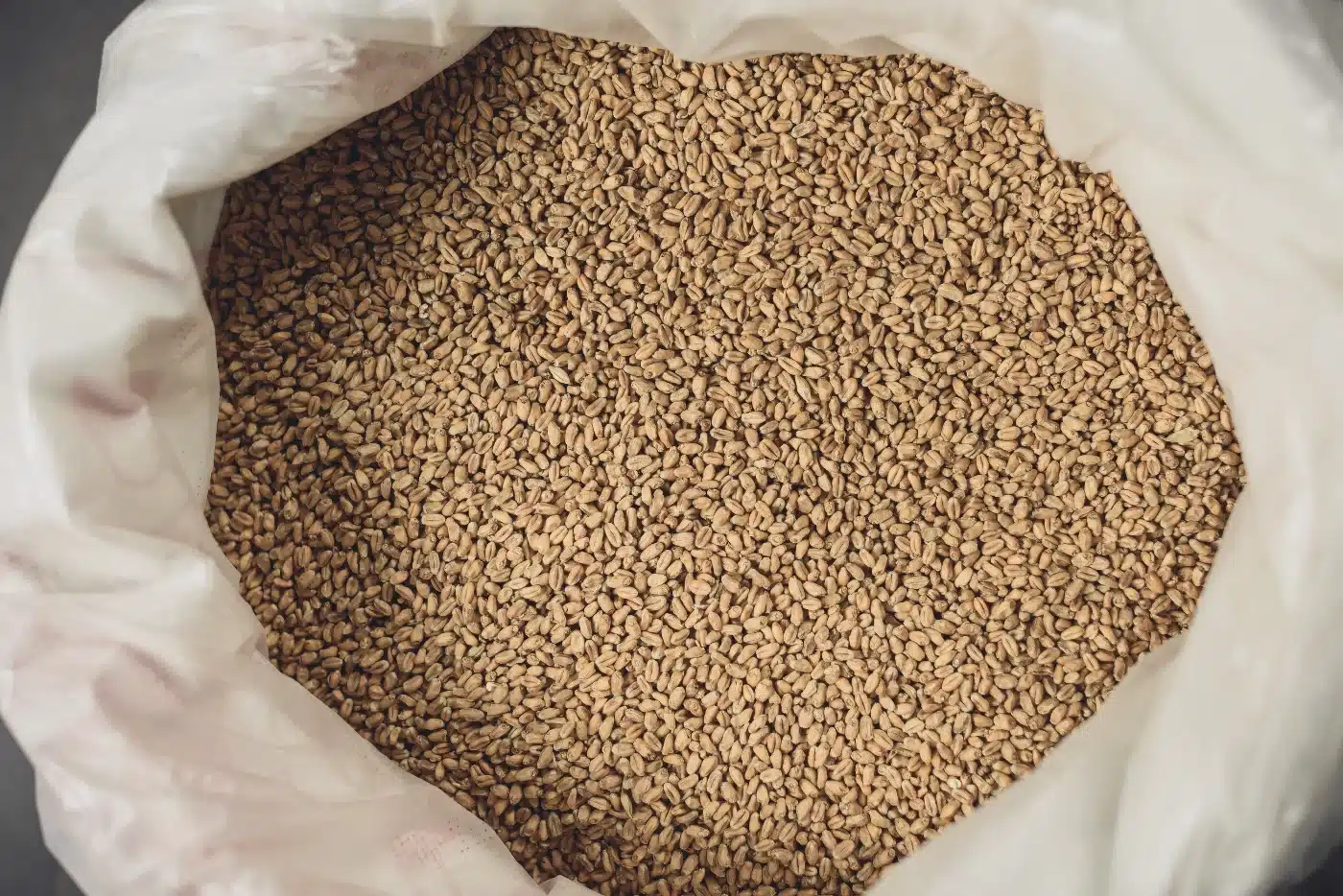Barley is a nutritious and versatile grain that has been a staple in human diets for thousands of years.
This ancient grain is packed with essential nutrients and offers a range of potential health benefits.
Key Takeaways
- Barley is a nutrient-dense whole grain that provides fibre, vitamins, and minerals
- Consuming barley may help improve blood sugar control and reduce the risk of type 2 diabetes
- The high fibre content in barley supports digestive health and regular bowel movements
- Incorporating barley into your diet may aid in weight loss efforts
- Eating barley may contribute to lower cholesterol levels and improved heart health
In this blog post, I’ll explore the many reasons why barley deserves a spot in your healthy eating plan.
Nutrient Profile
Barley is a powerhouse of essential nutrients that support overall health. Here’s a closer look at the impressive nutrient profile of this whole grain:
| Nutrient | Amount per 100g (uncooked) |
|---|---|
| Calories | 354 |
| Carbohydrates | 73.5g |
| Fibre | 17.3g |
| Protein | 12.5g |
| Fat | 2.3g |
| Thiamine | 43% of the RDI |
| Magnesium | 33% of the RDI |
| Selenium | 54% of the RDI |
Barley also contains:
- Beta-glucan fibre, which may help lower cholesterol and improve blood sugar control
- Antioxidants like vitamin E, beta-carotene, lutein, and zeaxanthin, which help protect cells from damage
Types of Barley
When shopping for barley, you may come across different types:
- Hulled barley: The whole-grain version of barley, with only the inedible outer hull removed. It’s the most nutrient-dense option but takes longer to cook and has a chewier texture.
- Pearl barley: Partially steamed, with its hull and bran removed. It cooks more quickly than hulled barley but has a lower nutrient content.
- Barley flakes: Flattened and sliced, making them a quick-cooking option. However, they are lower in nutrients compared to hulled barley.
- Barley grits: Made from toasted and cracked barley, grits vary in nutrient content depending on whether they are made from hulled or pearled barley.
Opt for hulled barley whenever possible to maximise the nutritional benefits.
Cooking and Uses
Barley is a versatile grain that can be easily incorporated into a variety of dishes:
- Breakfast porridge
- Soups and stews
- Baked goods (mixed with wheat flour)
- Grain salads
- Side dishes
- Barley water
To cook barley, rinse the grains under cold running water. Use a ratio of 1 part barley to 3 parts water. Pearled barley typically cooks in about an hour, while hulled barley may take up to 1.5 hours to become tender.
Potential Risks
While barley is generally a healthy addition to most diets, there are a few potential risks to be aware of:
- Barley contains gluten, so it’s not suitable for those with coeliac disease or gluten intolerance.
- Barley contains fructans, which can cause digestive discomfort for some people with irritable bowel syndrome (IBS) or other digestive disorders.
- Barley can significantly affect blood sugar levels. If you have diabetes, monitor your blood sugar closely when incorporating barley into your diet.
FAQ
- Is barley gluten-free? No, barley contains gluten.
- Can barley help with weight loss? Yes, barley’s high fibre content may help promote feelings of fullness and reduce overall calorie intake.
- How do I cook barley? Rinse the barley, then use a 1:3 ratio of barley to water. Simmer until tender (about an hour for pearled barley, 1.5 hours for hulled barley).
- Can barley replace other grains? Yes, barley can be used as a substitute for other whole grains like rice, quinoa, oats, or buckwheat in most recipes.
The Bottom Line on Barley
Barley is a nutritious whole grain that offers a wide range of potential health benefits, from its impressive nutrient profile to its positive effects on blood sugar control, digestion, weight management, and heart health. By exploring various cooking methods and recipes, you can easily incorporate this ancient grain into your meals and reap its many benefits. Why not give barley a try and discover the delicious ways it can enhance your meals and contribute to a healthier lifestyle?
